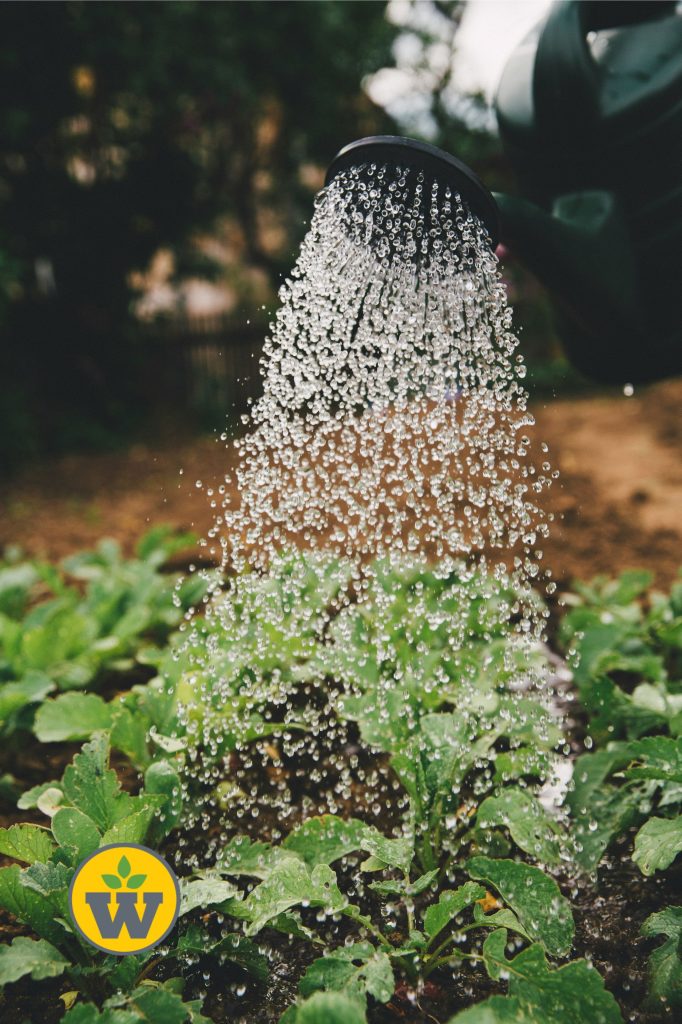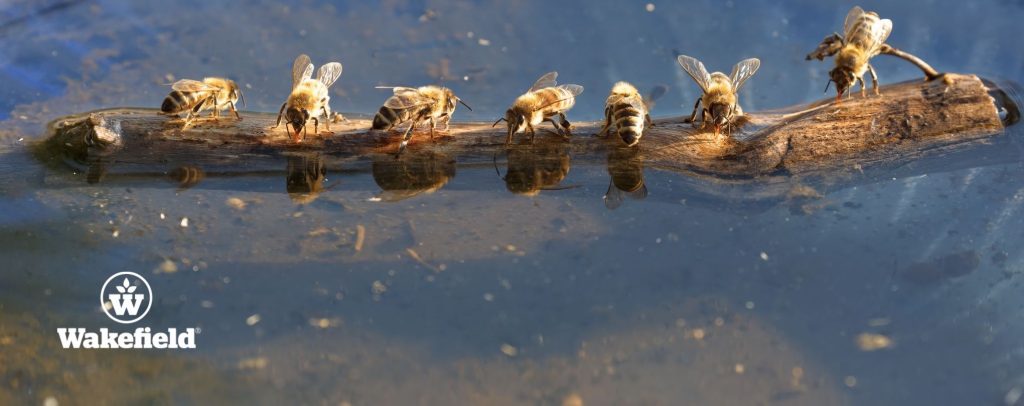Biochar for Water Conservation

Biochar, a carbon-rich material, helps conserve water in several ways. It improves soil’s ability to hold water and enhances soil structure. This means plants need less irrigation and can better withstand drought. Biochar also filters pollutants, improving water quality, and supports efforts to combat climate change.
Improving Soil Water Retention
Through its porous structure, biochar holds water when added to soil, with its tiny pores trapping and storing moisture. This increases the soil’s overall water-holding capacity, allowing it to absorb and retain water during rain or watering. Over time, this moisture is gradually released to plant roots, keeping the soil moist for longer periods and reducing the need for frequent watering, thus aiding plants in surviving dry spells.
Enhancing Soil Structure and Porosity
Biochar improves soil structure and porosity by creating more space for air and water to move through the soil. Its porous nature also helps break up compacted soil, making it easier for roots to grow and access nutrients. This improved soil structure also allows for better water drainage, reducing the risk of waterlogged plants. Overall, biochar helps create healthier, more fertile soil for plant growth.
Reducing Irrigation Needs
Improving soil with biochar can significantly decrease the amount of water plants require for growth. By enhancing soil’s capacity to retain moisture, biochar helps to create a reservoir of water that plants can access during dry periods. This reduction in irrigation needs not only conserves water but also lowers costs.
Water Quality Improvement
Enhancing water quality involves filtering out harmful substances, and biochar is a valuable tool for this task. When added to soil, biochar acts as a natural filter, capturing pollutants like heavy metals (such as lead and mercury), organic chemicals from pesticides and pharmaceuticals, excess nutrients like nitrogen and phosphorus from agricultural runoff, and even pathogens and bacteria. By intercepting these contaminants, biochar prevents them from entering groundwater or surface water, ensuring safer water for drinking and agriculture while preserving environmental integrity.
Biochar Blends and Soil Amendments
Integrating biochar with organic materials like compost or manure, soil structure is improved, promoting better water infiltration and retention. This means less water is lost to runoff, and plants have increased access to moisture, reducing the need for excessive irrigation.
Ecosystem Services and Biodiversity
By improving soil health and water retention, biochar fosters diverse habitats for various plant and animal species. These thriving ecosystems contribute to effective water management by minimizing runoff and facilitating groundwater recharge, thus safeguarding water resources for ecological resilience and human sustainability.
Climate Change Adaptation
Biochar strengthens soil structure and boosts water retention, helping ecosystems better handle extreme weather events like droughts and floods. These events are becoming more common because of climate change. Plus, biochar’s ability to capture carbon from the atmosphere reduces greenhouse gas emissions, making a positive impact on water availability and quality in the face of climate change.
Biochar is vital for keeping soil healthy, retaining water, and reducing environmental harm. This makes it incredibly important for efficient water use. As concerns about water shortages and environmental damage grow, incorporating biochar into soil management offers a genuine way to improve our future.
Happy conserving! Better soil. Better world.







